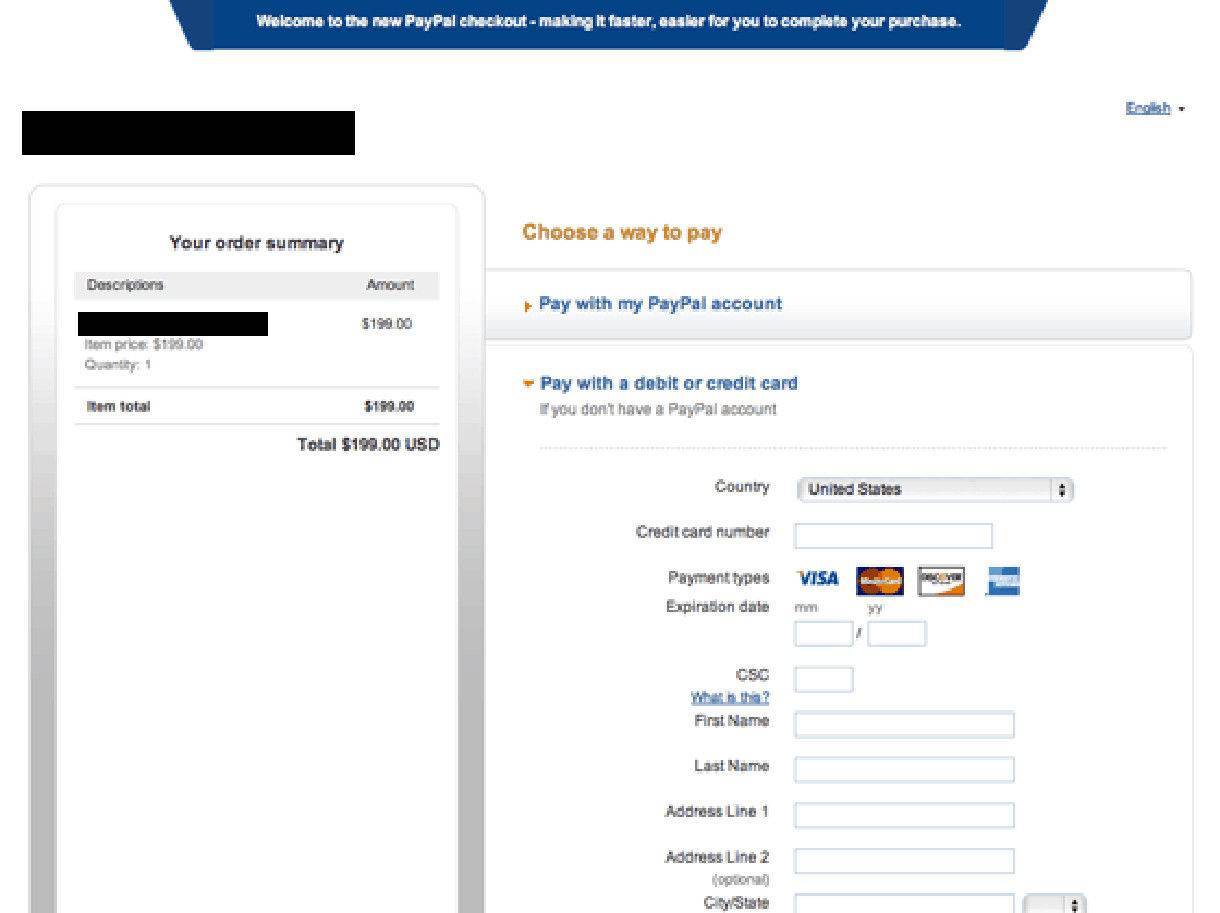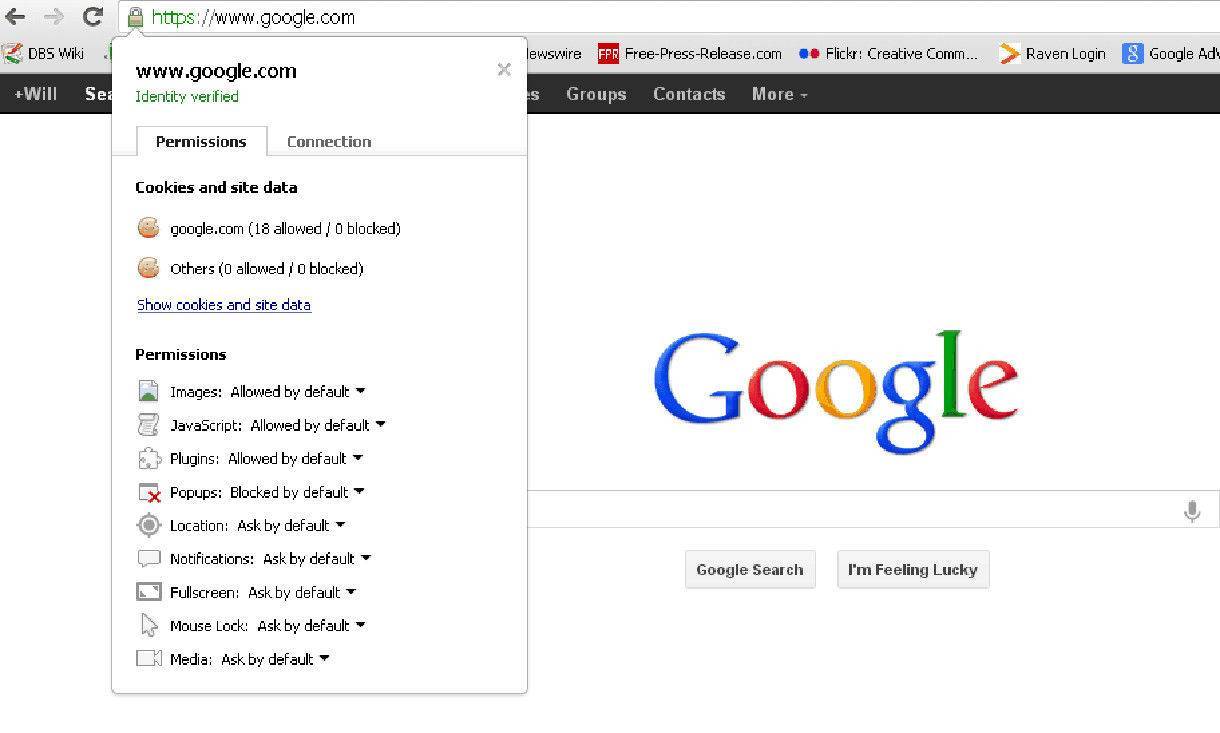Many e-commerce plugins have been launched for WordPress in recent years, but is the blogging platform a viable solution for handling online payments? E-Commerce is becoming an increasingly attractive business, totaling $194 billion sales in 2011 alone. Many WordPress site owners are eager to capitalize on the growing market, but there is much more to e-commerce than activating a plugin. What do you need to know?
Onsite vs. Offsite Payments
E-commerce can be easily grouped into two categories, onsite and offsite. Offsite payments are much simpler to setup, because you trust third-party companies (i.e. Paypal, Google Checkout) to handle transactions.
Many users will avoid this option, because “offsite payments” literally means your customers will be redirected off your site to complete the transaction. While this may be confusing for online customers used to a more traditional shopping cart experience, frequent online shoppers will not have a problem as this is a method utilized by many smaller online stores.
Security is a very big part of e-commerce, as customers will be trusting you with credit card information. Using an offsite option relinquishes the burden of security to the third-party company. In addition to providing you with the security you need for online sales, companies like PayPal have brand-recognition that can make customers more willing to share their personal financial information.
Onsite payments require a much more involved setup and configuration, but allow much more customization to the shopping and checkout experience. To setup onsite payments, website owners must purchase an SSL certificate and ensure their online store is PCI compliant.
What is an SSL certificate?
SSL encryption, put simply, scrambles the information sent to and from your website with an encryption key. The SSL certificate ties that key to the brand of your company. While many believe SSL to be some sort of security magic, most the of the credibility derived from the certificate is the fact it holds the owner of the certificate accountable by tying your online store to your brand name. SSL certificates can cost from $50-1500 per year, depending on if your store using multiple sub-domains and options for extended validation (EV).
What is PCI?
PCI, Payment Card Industry, is a security standard for the e-commerce industry. Any site that stores, processes, or transmits cardholder data will be held responsible for following this standard. Some of the requirements are very simple such as regularly updating anti-virus software and not using default passwords. However there are more complex requirements such as setting up firewalls and encryption to protect cardholder data. PCI compliance is a MUST, if you do not ensure you meet the requirements or pay a consultant, a sizable fine will be your least disastrous outcome (offsite payments looking a little better now?).
WordPress E-commerce Options
WP eCommerce (http://getshopped.org)
WP eCommerce was the first shopping cart plugin for WordPress, and as a result is currently the most widely used. The base plugin itself is free, but the developers of the plugin offer many paid add-ons for additional functionality. For example the free version only offers PayPal, Google Checkout, and Chronopay as payment options, but purchasing the “Gold Cart” add-on ($47) over 15 more options become available. Likewise, they are many paid add-ons for additional shipping and marketing options.
Cart66.com (http://cart66.com)
Cart66 is one of the newer e-commerce solutions for WordPress, and also features a free and paid version. Cart66 features 7 payment solutions, and offers unique features such as subscription and membership management. I would recommend waiting until this plugin is developed a little longer, before considering them against an established project like WP eCommerce.
Shopp (http://shopplugin.net)
Shopp is the one e-commerce solution we list that does not have a free version. The default version costs $55, and a pro version with developer access can be purchased for $300. Like WP eCommerce, Shopp also offers paid add-ons for additional functionality. Shopp would be a great option for someone looking to highly customize their online stores appearance, as they offer an extensive API of over 200+ template tags for developers.
In closing, despite WordPress’s origins as a blogging platform it can be a very suitable eCommerce platform for the small to medium sized shop as long as you research your options and be sure to implement the necessary security measures to protect your site and most importantly your consumers.
Update:
Woocommerce (http://woocommerce.com)
Woocommerce has come on to the take the WordPress ecommerce world by storm. It offers a sound, easy to use core system, with a number extensions both from the Woo people, and third party vendors. There isn’t much that Woocommerce can’t do and has quickly become the ecommerce tool of choice for many in the WordPress community.


